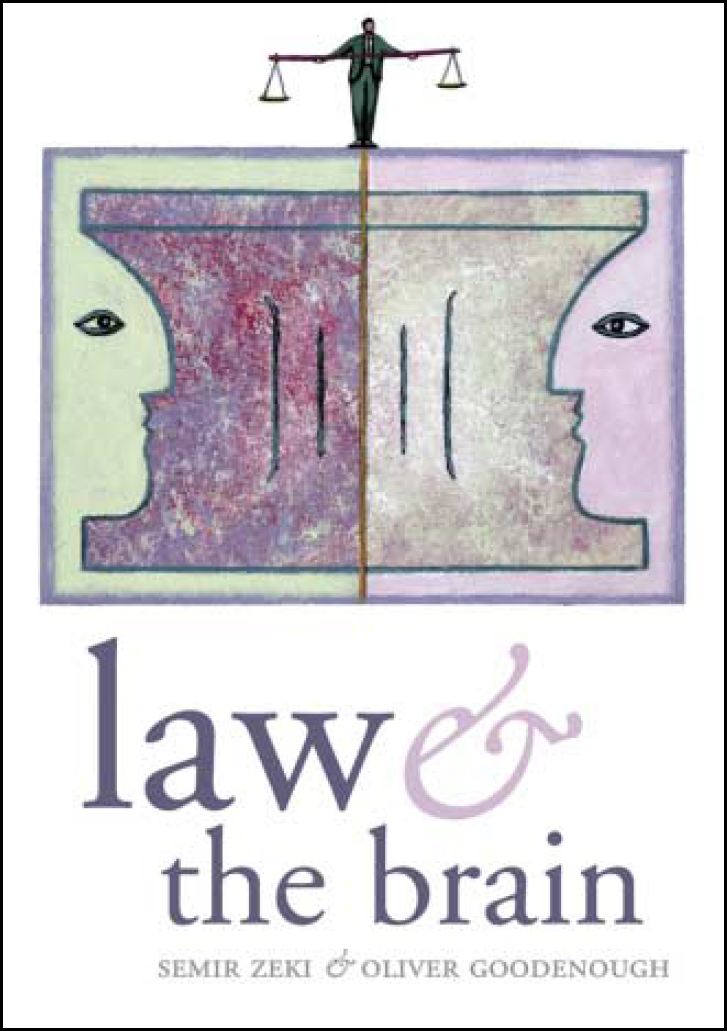
Lawyers are a shallow, unreflective lot. By and large they plead, contract and imprison without worrying about why they do things the way they do. When they are cross-examined by philosophers they usually hint pompously that they are too busy and too important to have the luxury of navel-gazing. If they deign to debate at all, they plunder other disciplines for a theoretical justification for their activities. Theology and philosophy have helped out; so, more recently, have economics and sociology. Now it is biology's turn. Because biology's conclusions are so much more verifiable than those of theology and philosophy, the biological sciences (and particularly neuroscience) are likely soon to dictate the way the law develops, rather than being (as other disciplines were) mere fig leaves to cover up the law's occasional embarrassment at its intellectual nakedness. We are at the start of a real revolution. This book sounds the first shots.
Law makes a number of very crude working assumptions. It assumes that apparently competent adults are free to make choices; that they act rationally in what they perceive to be their best interests; that they have reasonable foresight of the consequences of their actions; and that they generally mean what they say. Its yardstick is the man on the Clapham omnibus, the incarnation of reasonableness. Applying an unconsciously dogmatic theory of mind, it attributes to the reasonable man a fair amount of prescience: that bus whirrs with guessing, second guessing and third guessing.
These (usually) unspoken foundations of the law were always rather vulnerable to anyone who had read an undergraduate philosophy text. But they crumble before anyone armed with a bit of psychology and evolutionary biology. Take one example: are we free? In many respects we plainly are not. We are creatures of our genetic inheritance and our environments. There is a subtype of human epilepsy producing subtle personality changes including, typically, a preoccupation with religion. For someone in Mao's China that could have some nasty forensic consequences. In some male rodents a tendency to monogamy is associated with a high number of vasopressin receptors in the nucleus accumbens. If a similar phenomenon applied in humans, it may have significant repercussions for legislators considering whether bigamy should be a criminal offence. And so on.
The law's response is that everyone has tendencies, but true automatism is vanishingly rare. The law is about modelling a proper society and channelling tendencies in a socially desirable way. Science has nothing coherent to say about what amounts to a good society.
But science will not sit down and shut up. It insists that our values are generated by the imperatives of natural selection. Selfishness is the author of apparent altruism and social cohesion. Darwin dictates the very morality that the law purports to protect and embody. If there is a real natural law, it is written not on our hearts by the finger of God, but in our DNA by desperate genes.
This collection of fourteen fascinating and beautifully written essays is the first emphatic assertion that the law needs neuroscience if it is not to be a hopeless intellectual ostrich, and the first attempt to write a tentative agenda for the debate that has to happen. Few subjects matter more. Anyone who wants to learn the vocabulary of the subject needs this book.



eLetters
No eLetters have been published for this article.